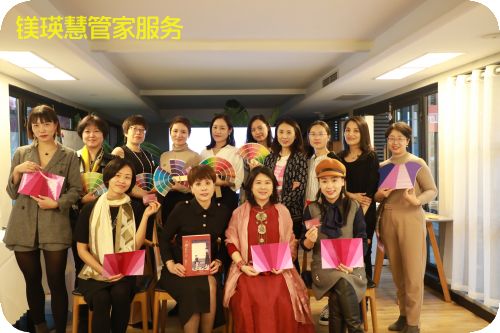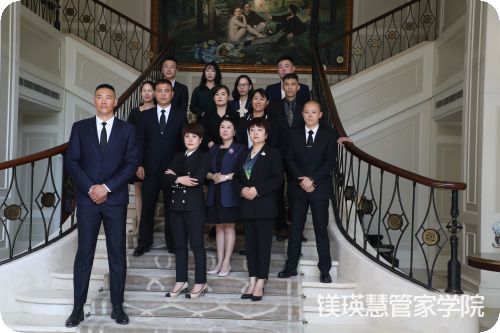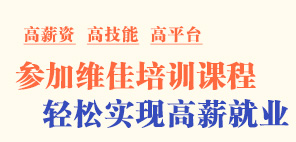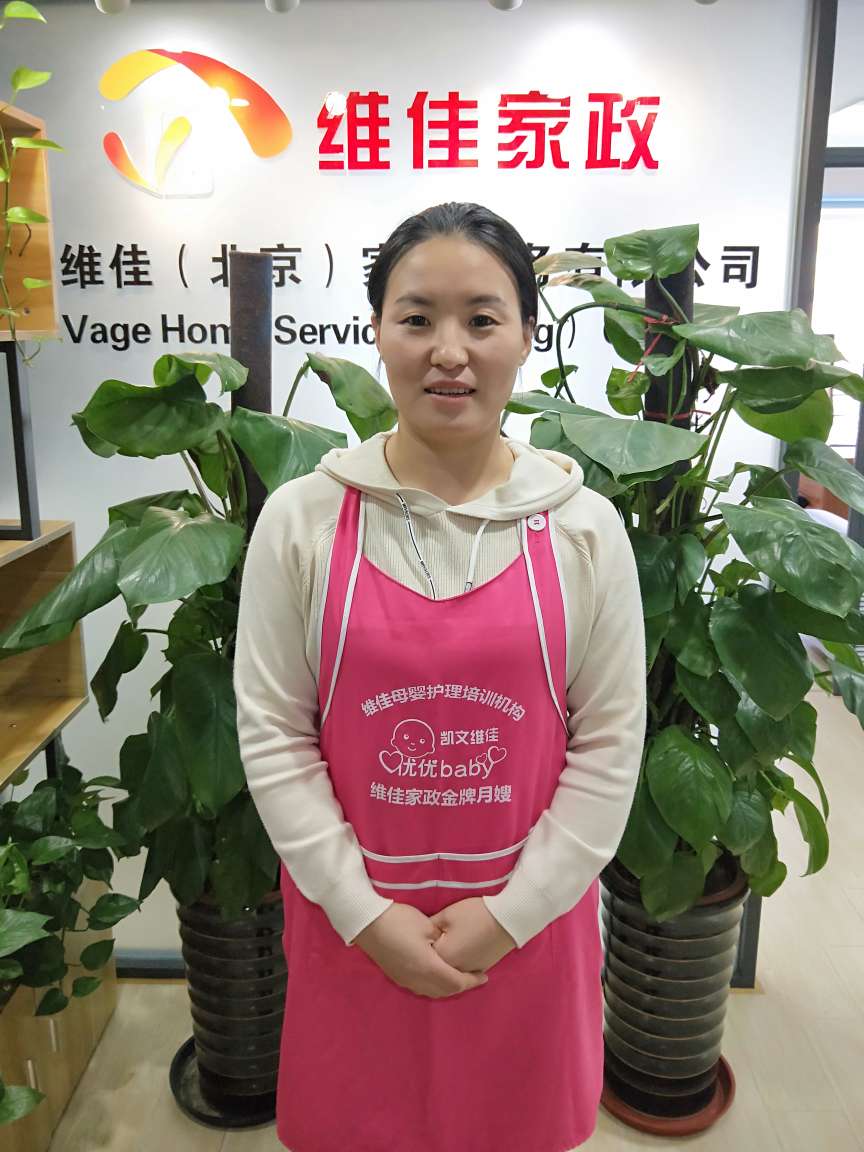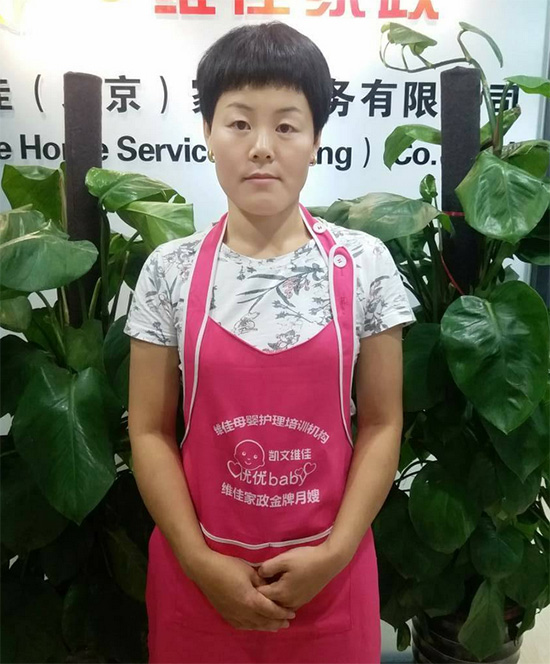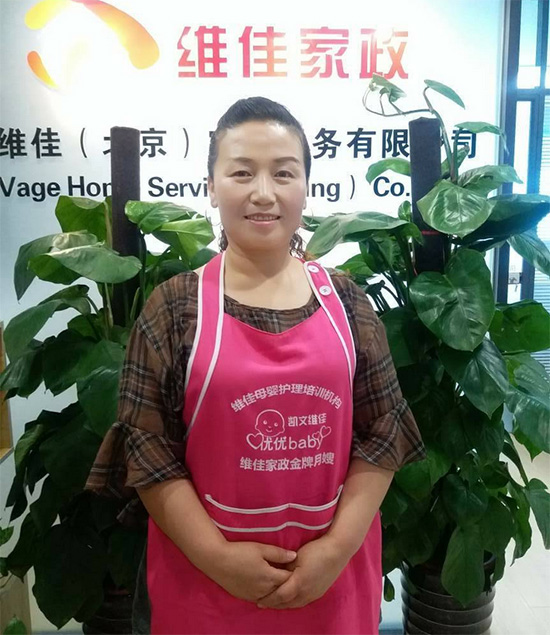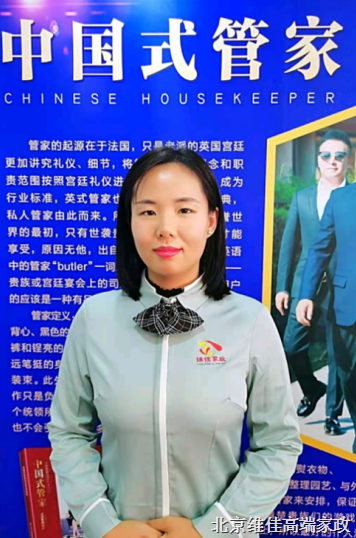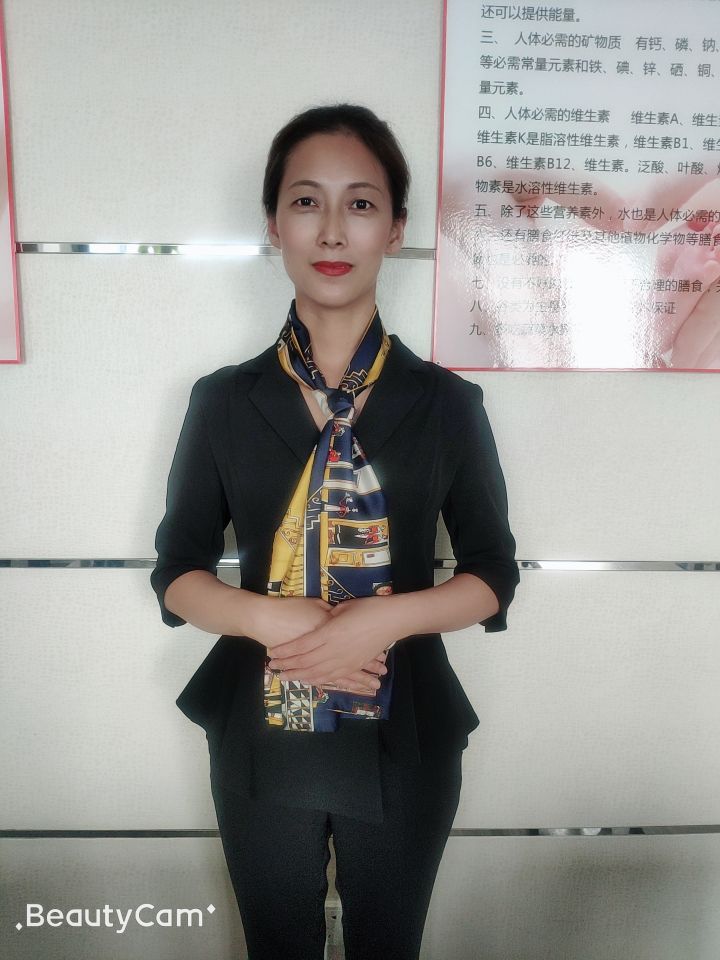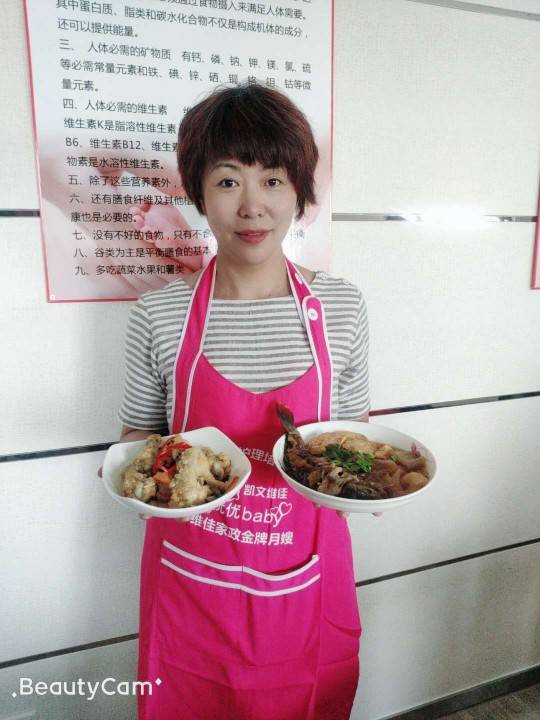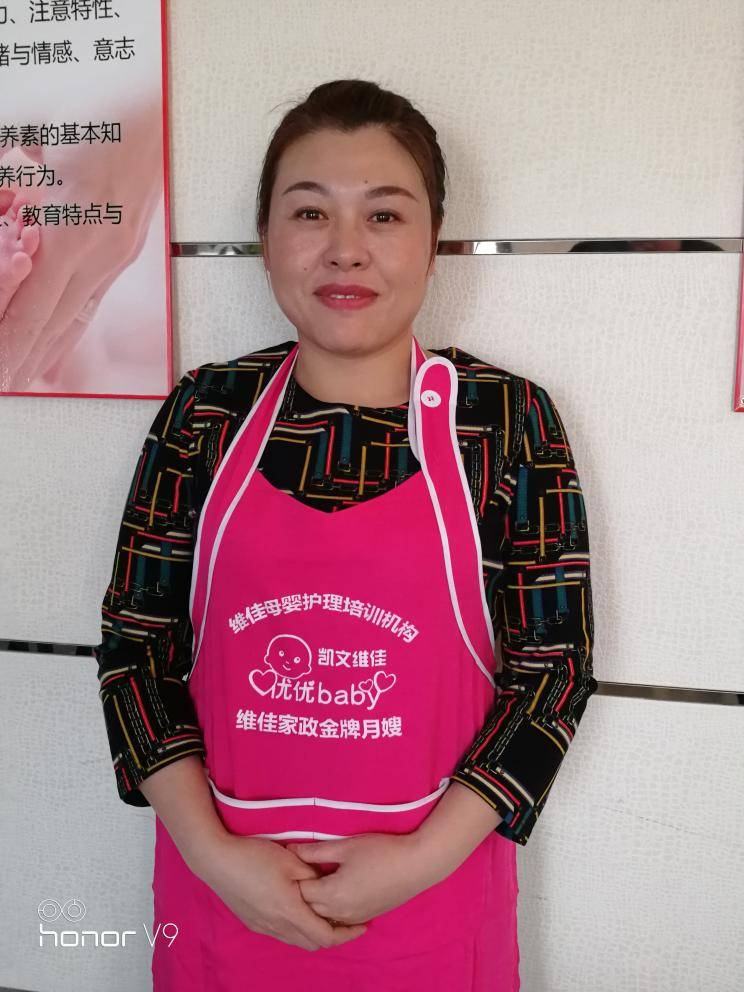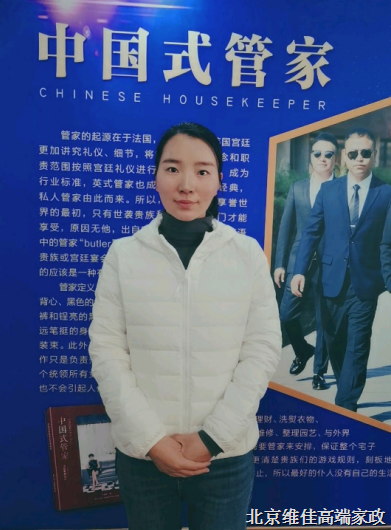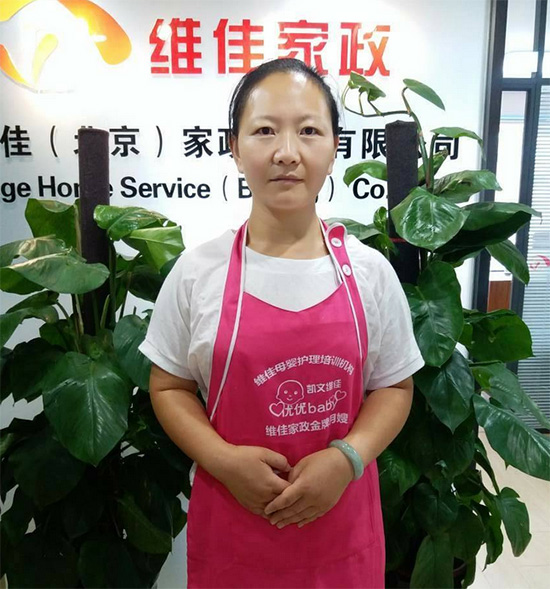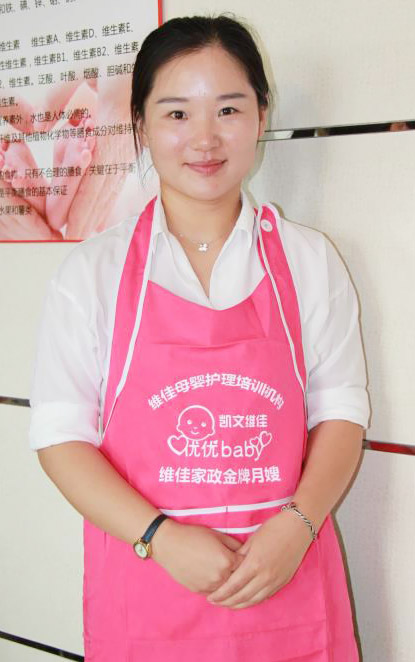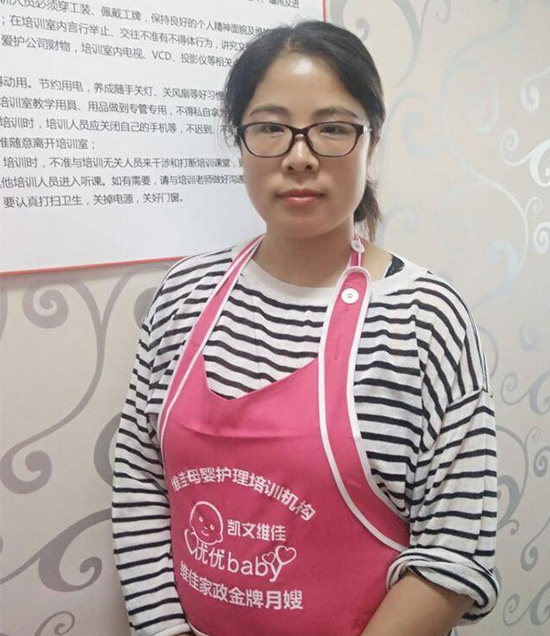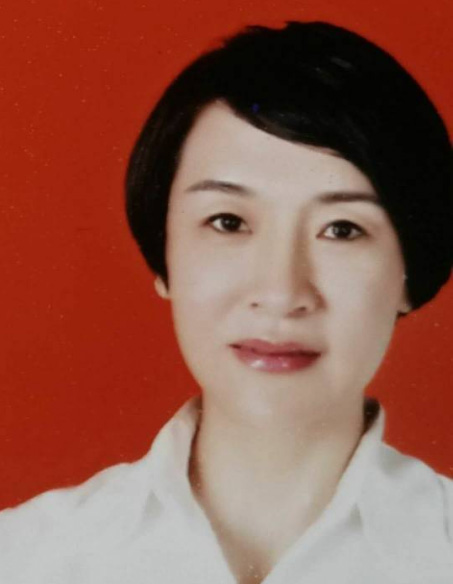Book launched to meet demand for high-end butler service

A new book targeting China's rising butler market was launched Sunday in Beijing. The book, Chinese-style Butler, aims to provide a comprehensive set of guidelines with regard to the professional standards needed to become a qualified butler.
Against the backdrop of China's wealthy families pursing a more professional and custom-made domestic service, demand for quality butler service is on the rise. But although the demand is growing, professional butlers are still rare. Zhang Ran, author of Chinese-style Butler and founder of Vage Home, a Bejing-based housekeeping service provider, quickly spotted the niche in the market and established the Vage Home Business School in 2013 to provide systematic and pragmatic training for qualified butler candidates.
"The butler service sector in China is still in its infancy but we are seeing growing demand," Zhang said. "While maids and housekeepers are a big part of urban life in China, it is rare to see a professional servant who performs the kind of top-to-bottom household management offered by a butler."
Book launched to meet demand for high-end butler service
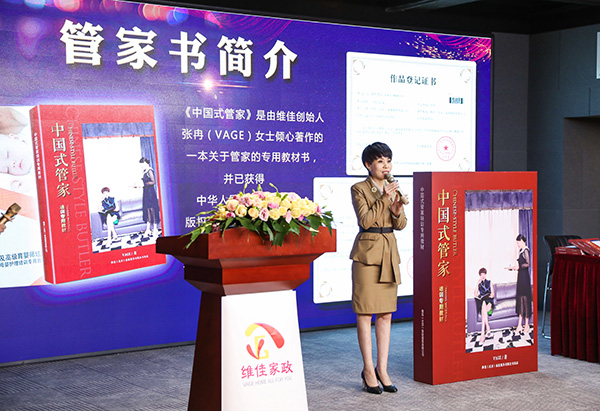
The book covers almost everything a Chinese-style butler needs to know to manage a rich family's household to the highest standards, from etiquette to organizing trips to exclusive destinations, from ironing and suitcase-packing, to cooking and a Western-style table setting.
“The hit drama Downton Abbey is so famous in China, that's the standard we are using to measure Western-style butlers. However, they may not be the best choices for Chinese families as the two countries have different national conditions,” Zhang said.
“For instance, dressed in a black tuxedo, with a bow tie and white gloves - that’s the typical Western-style butler. But in China, butlers are not required to wear uniforms every day. Instead, they can choose what to wear that suits their identity best on different occasions,” Zhang said. “Chinese modern butlers deliver tradition but go beyond stereotypes.”
報(bào)道轉(zhuǎn)載來(lái)源:China Daily:https://www.chinadaily.com.cn/a/201901/07/WS5c330a7ba31068606745f4c7.html







